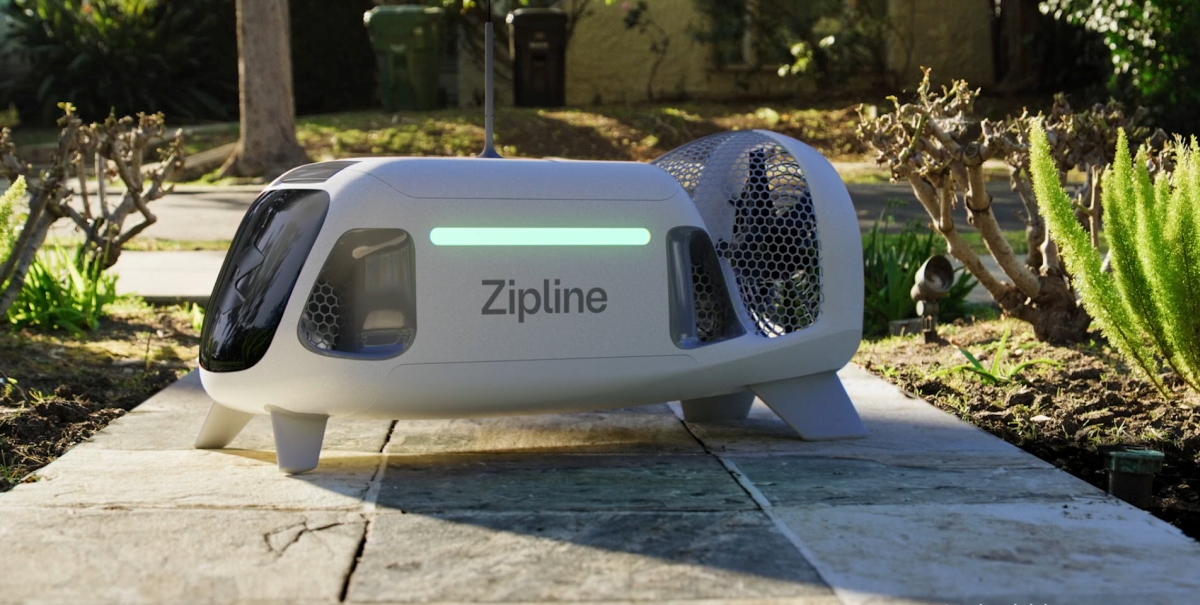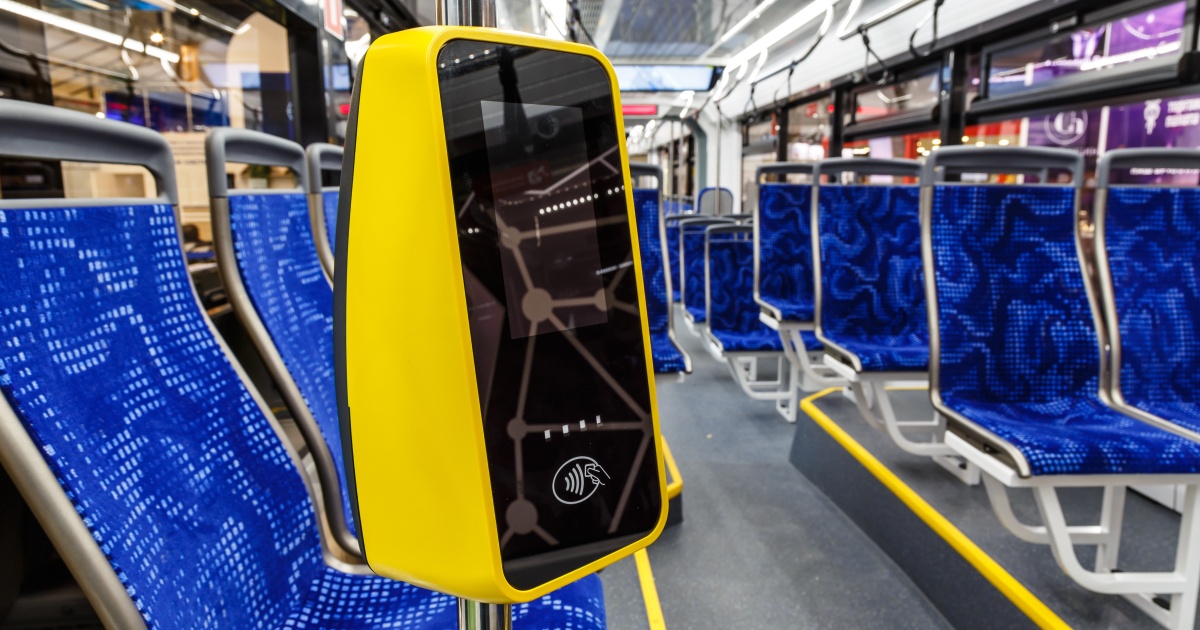Aftermarket Internet of Things (IoT) car frobs are a dime a dozen. It might explain why Verizon is aggressively pushing its Hum+ service as a bundle with a new phone and cellular contract, as I recently discovered.
Nearly all cars manufactured after 1996 have a on-board diagnostics (OBD-II or OBD2) port. It allows technicians at the repair shop to plug into your vehicle's systems, such as the transmission and engine, to quickly figure out what is broken on your car beyond a generic "Check Engine" light popping on. In addition, operating information on items like speed and brake usage can be accessed.
Current OBD2 plug-ins have been merged with Wi-Fi and/or cellular connectivity to provide more inclusive services, including vehicle location, driving habits monitoring, and emergency services. Depending on the service implementation, these frobs can provide auto theft vehicle recovery, lower insurance rates for safe drivers, and call 911 automatically if air bags deploy.
Verizon's Hum+ does a bit of everything. The bundle comes with an OBD2 device to plug into the car and a small Bluetooth speaker designed to clip to the sun visor, with separate push buttons for customer assistance, phone and emergency assistance. Once installed, it can provide emergency assistance directly via push button or automatically if the car senses a collision to trigger air bag deployment.
Onboard vehicle diagnostics monitoring provide updates on car health and can provide monthly summaries on miles per gallon, distance traveled, and more. You can use a smartphone app or online web portal to schedule maintenance reminders and talk to a certified mechanic. If your car breaks down, Hum+ can provide "pinpoint" roadside assistance by using the onboard GPS to provide vehicle location to a towing service.
Finally, there's a car monitoring feature, providing alerts for excessive speeding or if the vehicle goes beyond a certain boundary, just the thing for new drivers -- assuming the kids aren't savvy enough to unplug the frob and leave it in the garage or plug it into a parent's car.
My Verizon store offered me a deal where I could trade-in my gently used Samsung Galaxy Note 4 for a Galaxy Note 8. With a stock 24 month contract, I'd be paying around 100.00 per month with 4 GB of data.
Enter the Verizon Hum+ promo. For $98.50, I'd get a new Galaxy Note 8 phone, plus the Hum+ gizmo, 5 GB of data, and the monthly Hum+ service, valued at $8.50/month. The Hum+ hardware retails at $120, or $29.99 upfront with a two year commitment. I can throw the Hum+ into a desk drawer and I'm still saving $1.50 a month PLUS come out ahead with 5GB of data verses $100/month for 4GB on the basic phone trade-in offer.
What's wrong with this picture? I'm sure T-Mobile could come up with a laundry list, but my head hurts to think about the shell game of data caps alone. I'm paying $1.50 less per month to get 1 GB MORE of data, just so I take the Hum+ device out of the Verizon Wireless retail outlet.
Speaking of Verizon Hum+, who's winning and losing here? If I was paying list price, I'd be paying $100 per month to Verizon Wireless for straight up voice and data service. Instead, I'm paying around $91.50 per month to Verizon Wireless and another $8 per month to Hum+ for a service that I may or may not use over the next 24 months... so I can save $1.50/month net and get an additional GB of data.
Verizon's net "win" here is it can count me as an IoT customer and the aforementioned revenue for 24 months, but that's a dubious count because they're out $1.50/month plus the Hum+ hardware. (Which, if nothing else, has been moved off of the inventory and can be written off over the next two years as a service).
If I do plug Hum+ into a vehicle, Verizon will get access and be able to collect information on that vehicle's operating information and the driver(s) operating habits. Is that information worth $1.50 per month? Apparently, to Verizon, it is. Unless I don't plug in the Hum+, in which case 24 months of data = zero.
Needless to say, I will be watching Verizon's quarterly and yearly earnings statements with an eye towards its IoT numbers over the next 24 months.
Edited by
Ken Briodagh





